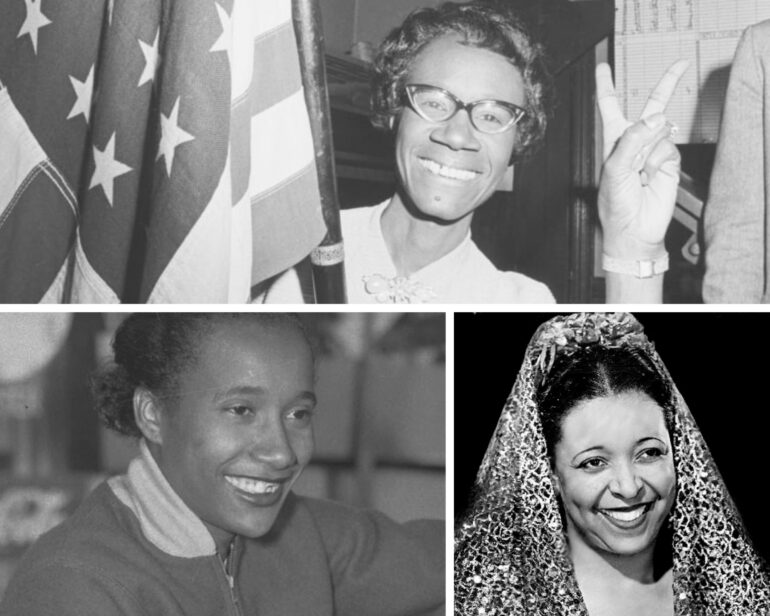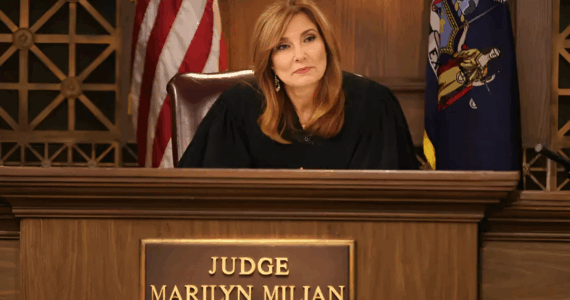Black History Month is the month we recognize, reflect, and celebrate black culture. While we recognize those that have made the most noise throughout history, it’s important to remember those who have had little recognition over the years. This year, we are acknowledging and celebrating the underrated black women who have paved the way for others.
1. Toni Stone- One of the First Black Female Baseball Player
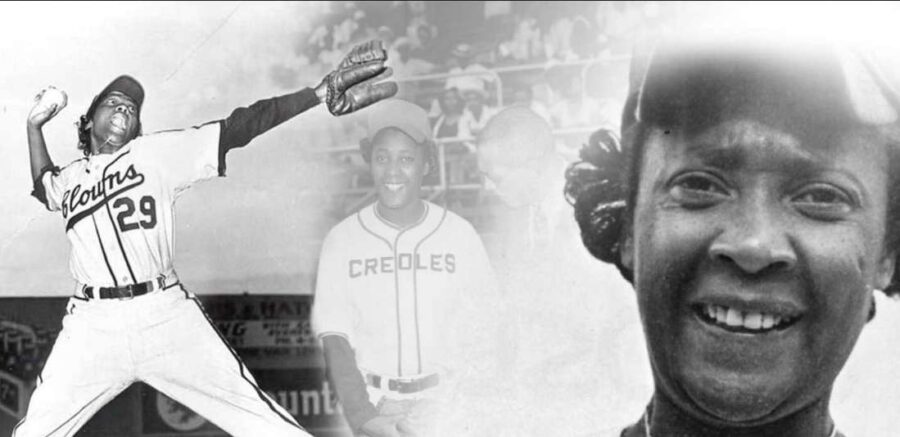
Toni Stone (born Marcenia Lyle) was born on July 2, 1921, in Bluefield, WV. Stone had played multiple sports throughout her life before heading to play baseball for the Negro American League in 1949. There, she played for the New Orleans Creoles, Indianapolis Clowns (replacing Hank Aaron in 1953), and then the Kansas City Monarchs in 1954. Stone often dealt with misogynistic remarks from her male counterparts but did not let their words stop her from playing baseball.
At the end of the 1954 baseball season, Toni Stone retired from playing baseball and went on to work as a nurse. In 1993, she was inducted into the Women’s Sports Hall of Fame. Three years later, on November 2, 1996, Toni Stone passed away from heart failure at the age of 75. On February 9, 2022, Google doodles honored Toni Stone.
2. Roger Arliner Young- First Black Woman to Receive a Doctorate in Zoology
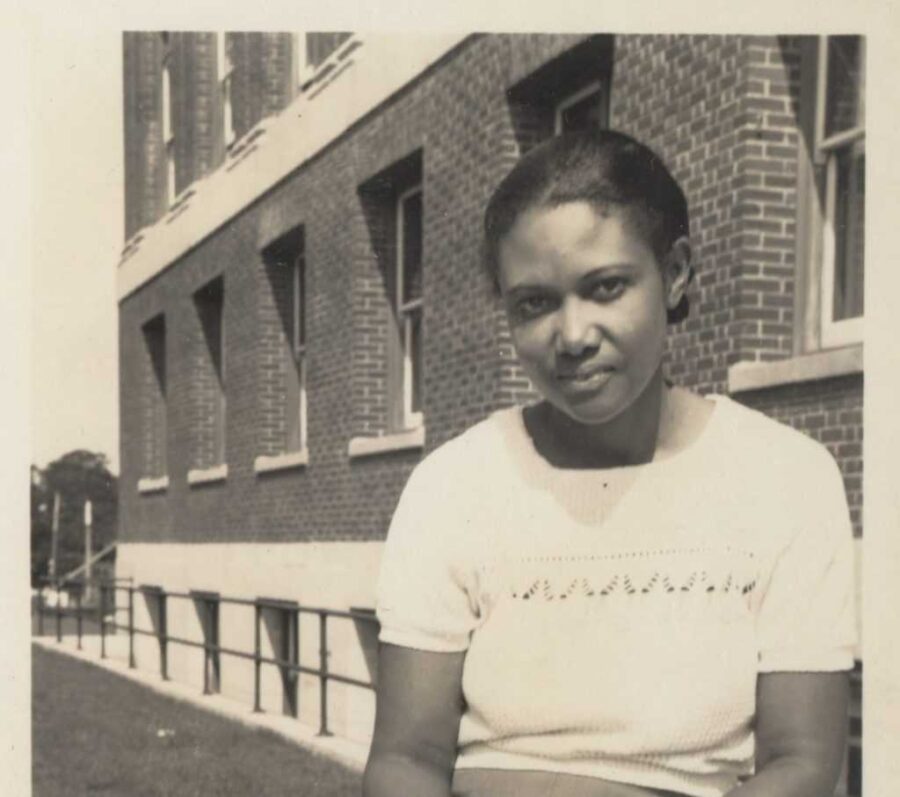
We don’t hear much about black people in animal science often, so let’s change that. Roger Arliner Young was the first black woman to receive a Ph.D. in Zoology. As most college students can relate, zoology was not Young’s original pursuit of study. With the conviction of Dr. Ernest Everett Just, a prominent black biologist, Young pursued a degree in zoology.
Young also became the first black woman to research and publish in her field and was a member of Sigma XI, an exclusive and honorary science research society. While working towards her Ph.D., Young failed her first qualifying exam. Young took time to pursue other ventures before retaking her exam and passing.
Although she accomplished a lot, Young faced hard times. From being fired from teaching to joining the NAACP and being blacklisted, Young dealt with living in poverty and severe health issues. In the 1950s, Young committed herself to the Mississippi State Mental Asylum for mental health issues. She was released in 1962. Young died soon after on November 9, 1964.
3. Shirley Chisholm- First Black Woman to be Elected to the U.S. Congress


Kamala Harris isn’t the only black woman who’s made history in U.S. politics. In 1968, Shirley Chisholm was elected to the U.S. House of Representatives. Chisholm was born and raised in Brooklyn, New York, and spent most of her life there campaigning for gender and racial equality, livable wages, and speaking out against the Vietnam war. Chisholm was also the co-founder of the National Women’s Political Caucus.
In 1972, Shirley Chisholm ran for president as a Democrat. Although she faced racism and sexism, Chisholm stood tall and persevered in running for president. During her campaign, Chisholm was barred from participating in televised primary debates, but after taking legal action, she was permitted to make one speech.
Due to a lack of funding and support (specifically by black men and white women), Chisholm had to pull out of the race. This did not upset Chisholm as she still knew the possibility of losing. Additionally, she still had her spot in the House of Representatives. Chisholm retired from congress in 1983 and was a professor at Mount Holyoke College from 1983-1987.
On January 1, 2005, Shirley Chisholm passed away. Chisholm was posthumously awarded the Presidential Medal of Freedom in 2015 by Barack Obama. Although she faced many obstacles, Chisholm will always be known for being unbought and unbossed.
4. Alice Coachman- First Black Woman to Receive a Gold Medal at the Olympics
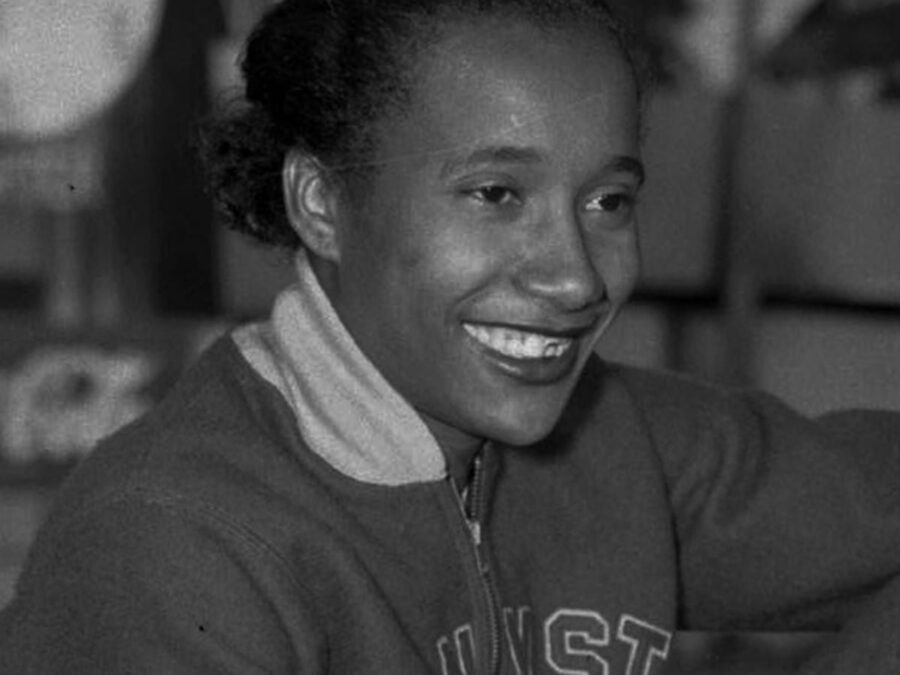
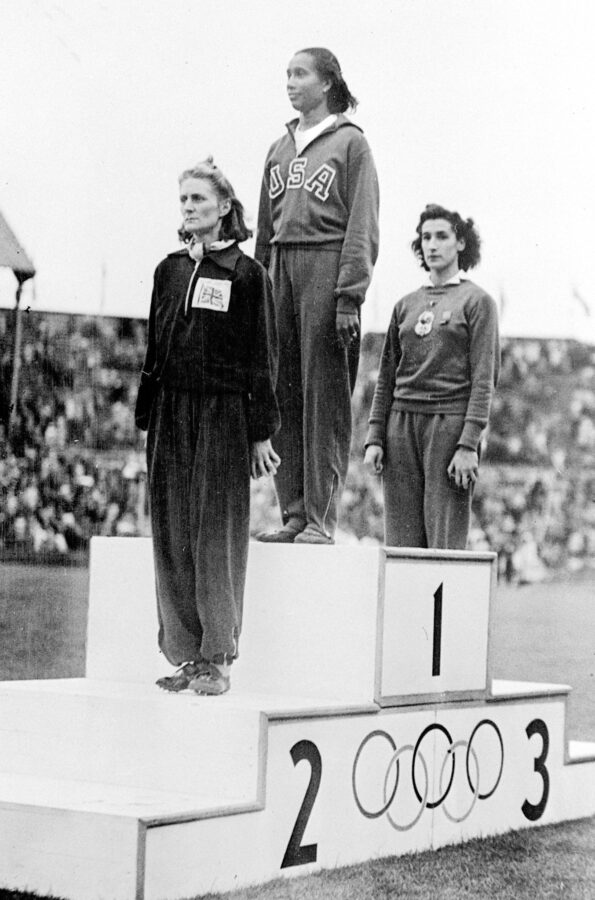
Coachman at the 1948 Olympics in London 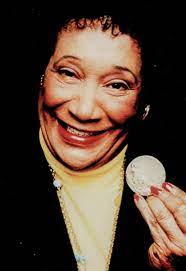
Before there was Flo-Jo, there was Alice Coachman. Alice Coachman was born on November 9, 1923, in Albany, Georgia. As a teen, Coachman spent her time practicing high jumps with homemade obstacles. In 1936, at the age of 16, Coachman was offered a scholarship to the Tuskegee Institute after catching the attention of Tuskegee recruiters. Coachman would spend the next ten years dominating AAU (Amateur Athlete Union) competitions.
Alice Coachman would get her chance to showcase her talent at the 1948 Olympics in London. Coachman set a record in the high jump category with a mark of 5 feet and 6 1/8 inches, making her the first black woman to win an Olympic gold medal. Life didn’t stop for Coachman there. In 1952, Coachman became a spokesperson for Coca-Cola, making her the first black woman to earn an endorsement deal. Coachman would pay it forward later in life as she created the Alice Coachman Track and Field Foundation. The organization supported young athletes and provided assistance to retired Olympic veterans.
On July 14, 2014, Alice Coachman passed away from a stroke. She was 90 years old.
5. Ethel Waters – First Black Person to Star on Own TV Show
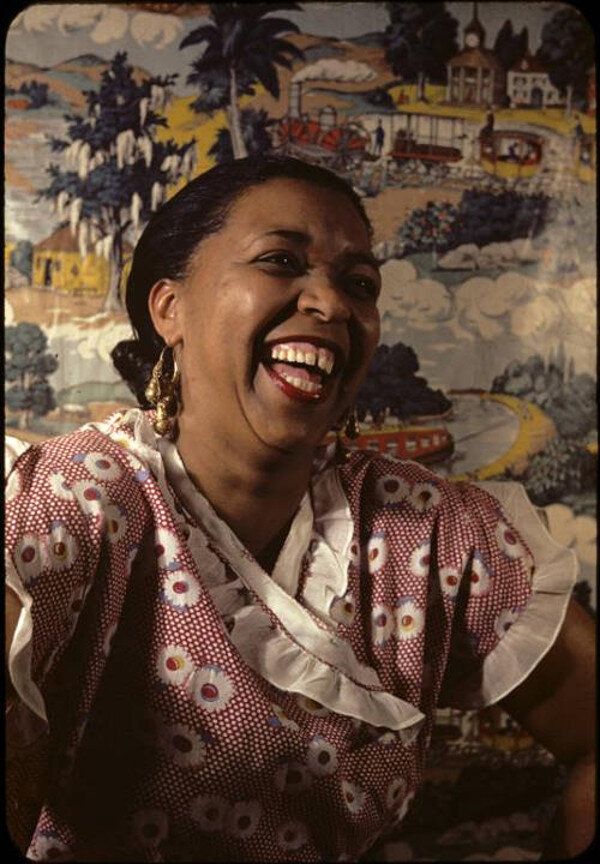
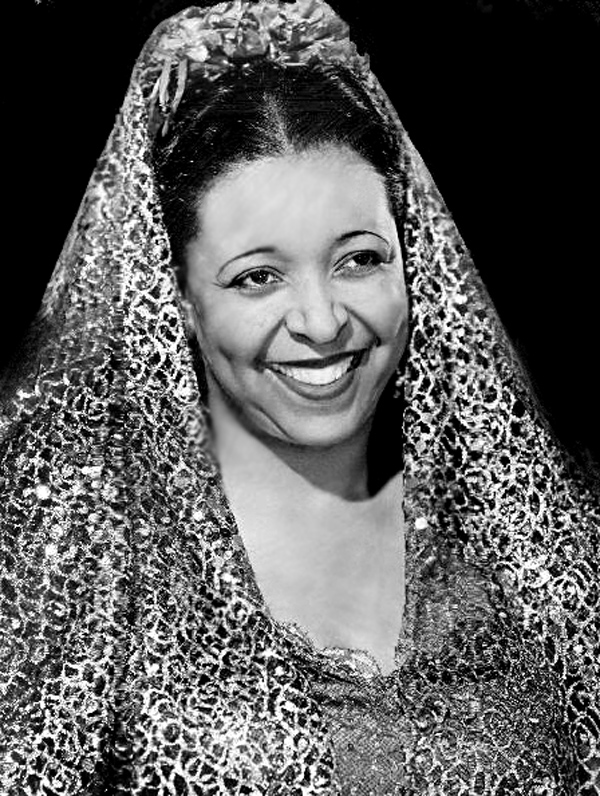
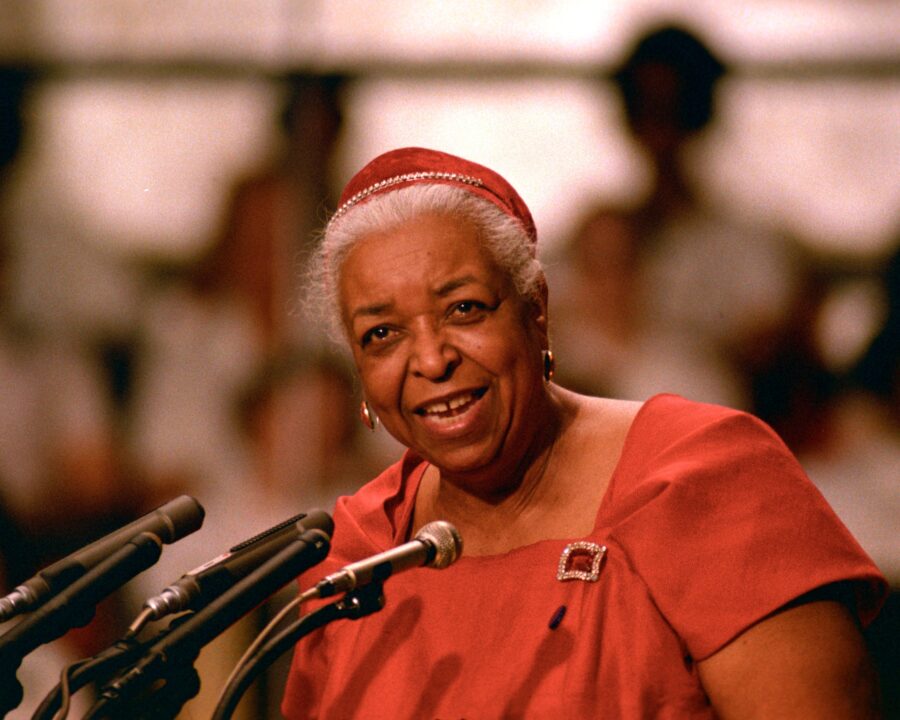
Image via Billy Graham Library archives
Ethel Waters was born on October 31, 1896. Waters had a rough childhood. Not only did she grow up in poverty, but Waters became a child bride at 12 years old. At 17, Waters began singing professionally in Baltimore under the pseudonym “Sweet Mama Stringbean”. Known for her unique vocal skills, Waters’ rise to popularity was rapid.
In 1927, Waters spent her time singing for stages and nightclubs, eventually working her way towards film. Throughout the years, Waters would star in musicals such as Blackbird (1930) and Rhapsody in Black (1931). In 1939, Waters starred in her own tv show called The Ethel Waters Show. The Ethel Waters Show was a one-hour program consisting of multiple skits and a dramatic sequence from Mamba’s Daughters, a play Waters starred in. As a result, Waters was considered to be the first black performer to have and appear on their own show.
Waters would experience a decline in work, finances, and health around the late 1950s. In 1957, Water joined evangelist Billy Graham on his sermon tours (formally known as crusades). She would participate in these tours often until her death in 1977 from multiple health issues.
Fun fact: Ethel Waters’ great-niece is singer Crystal Waters, known for her 1991 hit, “Gypsy Woman (She’s Homeless)“.
Black women will always take up space in black culture and history. Although these women had to overcome many obstacles, they accomplished dreams that others couldn’t. We will always remember, cherish, and commemorate these women for their bravery. Because of them, we are.
Follow us on Facebook, Twitter, Pinterest, and Instagram for more news like this.


